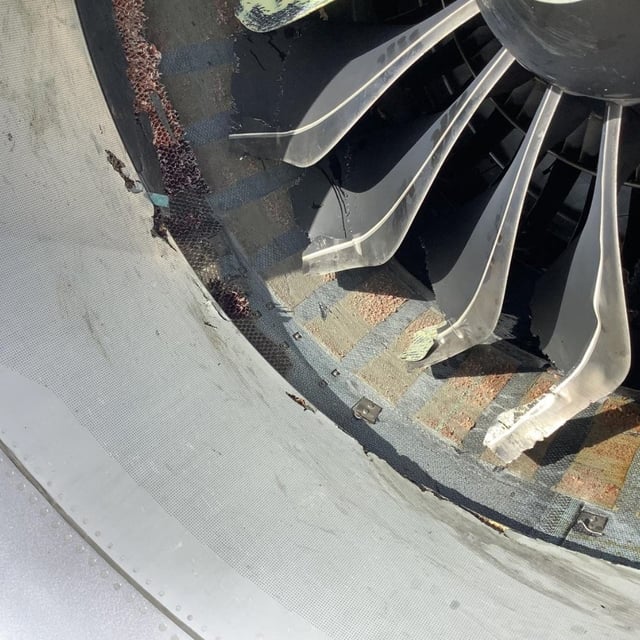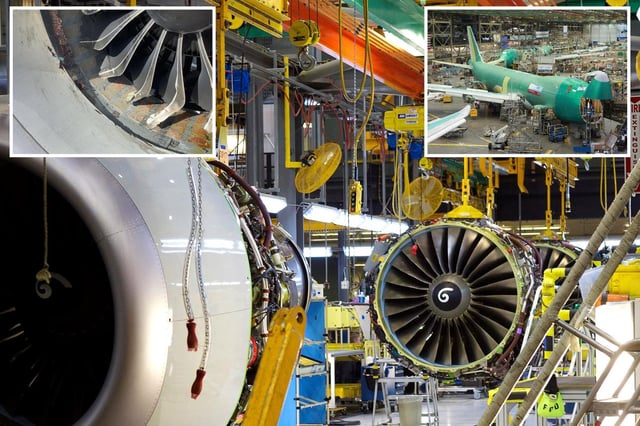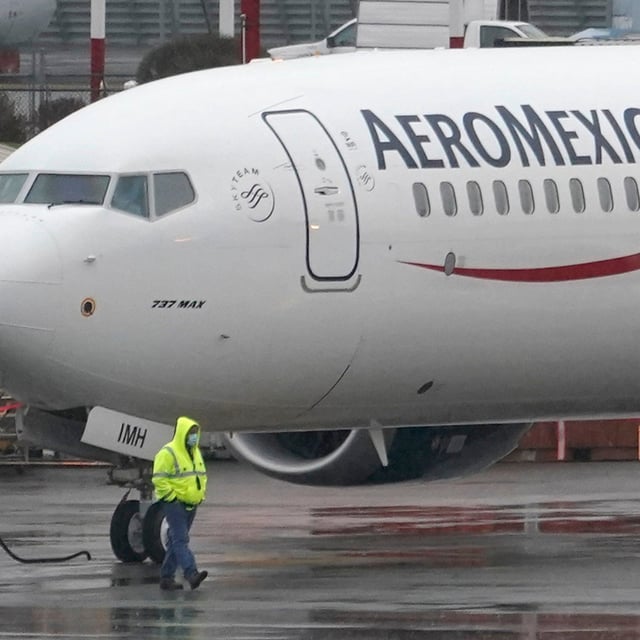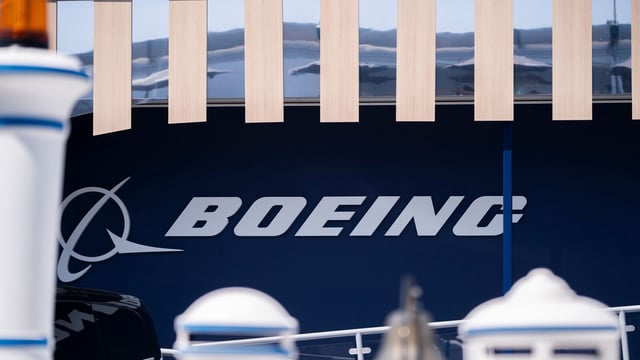Overview
- The NTSB issued an urgent safety recommendation over CFM LEAP-1B engines on Boeing 737 Max jets after finding that load reduction device activation can damage the oil system and send smoke into cabins or cockpits.
- The call follows two 2023 bird strike incidents on Southwest Airlines flights that triggered LRDs and allowed smoke to fill the cockpit in New Orleans and the cabin in Havana.
- Boeing, CFM and the FAA have alerted operators and are collaborating on a software design update intended to automatically curb oil leaks that cause smoke events.
- The NTSB also recommended evaluating CFM’s LEAP-1A and LEAP-1C engines used on Airbus A320neo aircraft and requiring any resulting software modifications.
- Boeing has revised flight manuals to guide pilots on mitigating smoke ingress and GE Aerospace confirms it is working with airframers on finalizing the engine system enhancements.



